How to Travel Sustainably Without Breaking the Bank: 10 Ways to Save Money
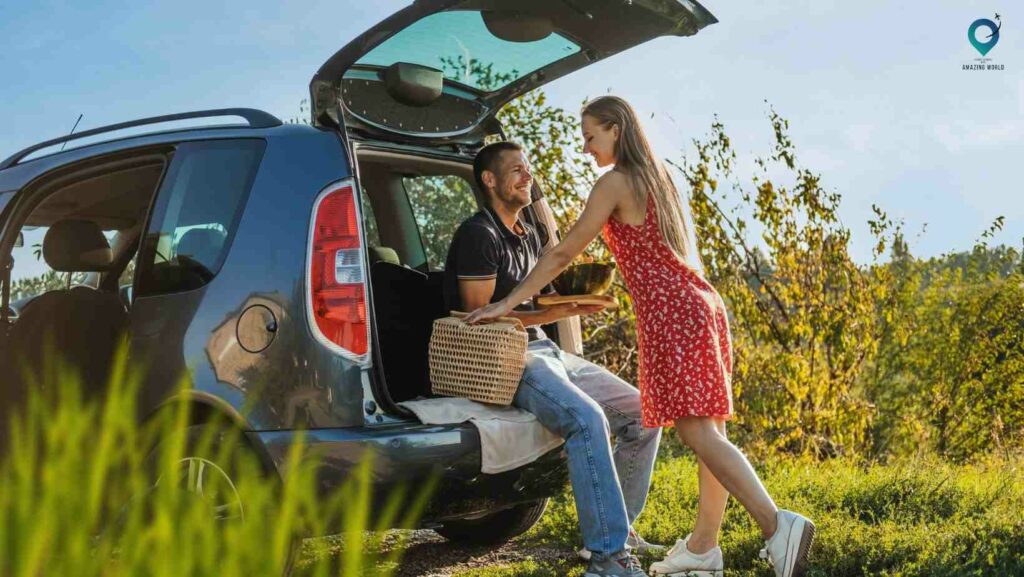
Are you an intrepid explorer with a passion for sustainable living? Do you dream of traversing the globe without leaving an overwhelming environmental or financial footprint? The journey to eco-friendly and budget-conscious travel begins here, and we’re about to unveil the secrets. In this guide, we’ll delve into the art of sustainable travel without breaking the bank, presenting you with ten practical and pocket-friendly ways to explore the world responsibly.
Embarking on a sustainable adventure doesn’t mean sacrificing comfort or overstretching your budget. By making informed choices, you can not only navigate the realms of eco-friendly accommodations and local cuisine but also discover the often-overlooked advantages of traveling during the shoulder season.
Join us on this exploration of conscientious and cost-effective travel, where every decision you make contributes to a greener planet and a richer travel experience.
Also, if you are looking best hotels and Homestay deals then we recommend booking your hotels and homestay with priceline.com
What is sustainable travel?

Sustainable travel, also known as eco-friendly or responsible tourism, is a conscious and intentional approach to exploring the world that aims to minimize the negative impact of travel on the environment, local communities, and cultural heritage. At its core, sustainable travel seeks to promote environmental conservation, social responsibility, and economic benefits for local inhabitants.
Travelers engaged in sustainable practices make choices that contribute to the preservation of natural resources, reduce carbon footprints, and support the well-being of local cultures. This involves selecting eco-friendly accommodations, embracing low-impact transportation methods, and fostering an awareness of and respect for local customs.
Sustainable travel recognizes the interconnectedness of global travel and encourages individuals to be mindful stewards of the places they visit, fostering a positive and enduring impact on both the destination and the broader travel industry.
Why is sustainable travel important?

Sustainable travel is crucial for several reasons that encompass environmental, social, and economic dimensions. Firstly, from an environmental perspective, travel can significantly impact ecosystems, and biodiversity, and contribute to climate change.
Sustainable travel aims to minimize this impact by promoting practices that reduce carbon footprints, conserve natural resources, and protect fragile ecosystems. By choosing eco-friendly accommodations, utilizing responsible transportation, and being mindful of resource consumption, travelers can play a role in preserving the planet’s beauty and biodiversity.
Secondly, on a social level, sustainable travel prioritizes respect for local cultures and communities. This involves supporting local businesses, respecting cultural norms, and engaging in tourism activities that benefit, rather than exploit, the host community. Sustainable travel fosters positive relationships between tourists and locals, contributing to cultural exchange and mutual understanding.
Economically, sustainable travel can be a powerful force for positive change. By supporting businesses that prioritize sustainability and community development, travelers contribute to the economic well-being of local communities. This, in turn, can lead to the creation of employment opportunities and the preservation of cultural heritage, encouraging a more equitable distribution of the economic benefits associated with tourism.
Bali Travel Quiz Must Try
Bali travel quiz
List of 10- Budget-Friendly Tips
1. Choose eco-friendly accommodations

Choosing eco-friendly accommodations is one of the best ways to reduce your environmental impact while traveling. It can also save you money, as many eco-friendly hotels and hostels offer discounts and promotions. Here are a few tips for choosing eco-friendly accommodations on a budget:
- Look for certifications. Several organizations certify hotels and hostels for their sustainability practices. Some popular certifications include LEED (Leadership in Energy and Environmental Design), Green Key, and EarthCheck.
- Consider the location. Eco-friendly accommodations are often located in convenient locations, close to public transportation and tourist attractions. This can save you money on transportation costs.
- Read reviews. Before you book a room, read reviews from other travelers to see what they have to say about the hotel or hostel’s sustainability practices.
- Ask questions. When you’re booking a room, ask the hotel or hostel about their sustainability practices. For example, you can ask about their energy and water conservation efforts, their waste reduction programs, and their use of sustainable materials.
2. Travel during the shoulder season
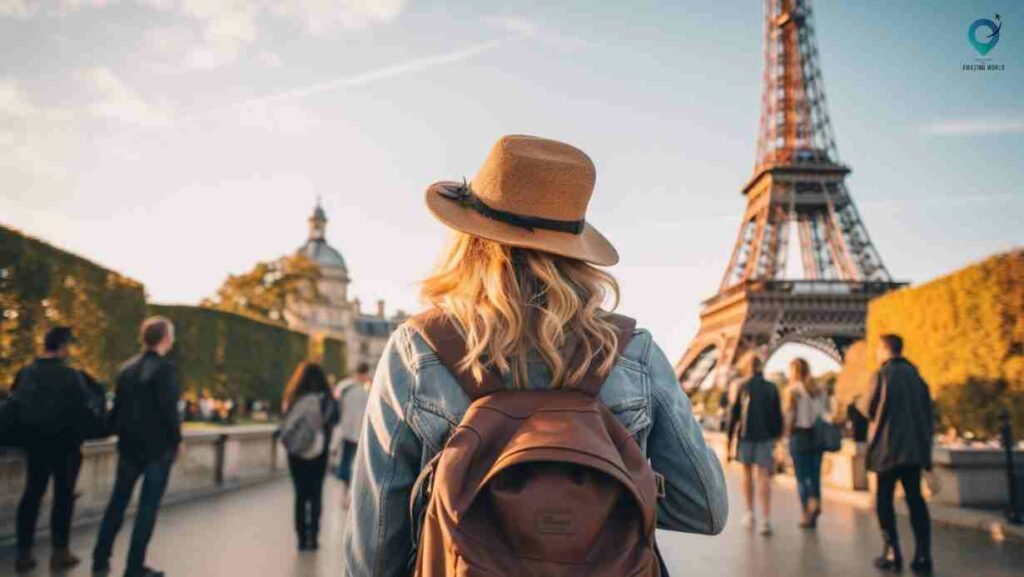
The shoulder season is the period between the peak and off-seasons for travel. It typically runs from April to May and September to October in the Northern Hemisphere, and from November to December and February to March in the Southern Hemisphere.
Traveling during the shoulder season has a number of advantages, including:
- Lower prices. Flights, accommodations, and activities are typically less expensive during the shoulder season.
- Fewer crowds. You’ll find fewer crowds at popular tourist attractions during the shoulder season. This means you can enjoy your travels more and get better photos.
- Milder weather. The weather is often milder during the shoulder season, making it more comfortable to explore your destination.
Here are a few tips for planning a shoulder season trip:
- Be flexible with your dates. If you can, avoid traveling during the peak weeks of the shoulder season. This will give you the best chance of finding good deals on flights and accommodations.
- Do your research. Not all destinations have the same shoulder season. Some destinations have a short shoulder season, while others have a longer shoulder season. Be sure to research your destination’s shoulder season before you book your trip.
- Book in advance. Even though the shoulder season is less crowded than the peak season, it’s still important to book your flights and accommodations in advance, especially if you’re traveling to a popular destination.
3. Eat local and cook your own meals
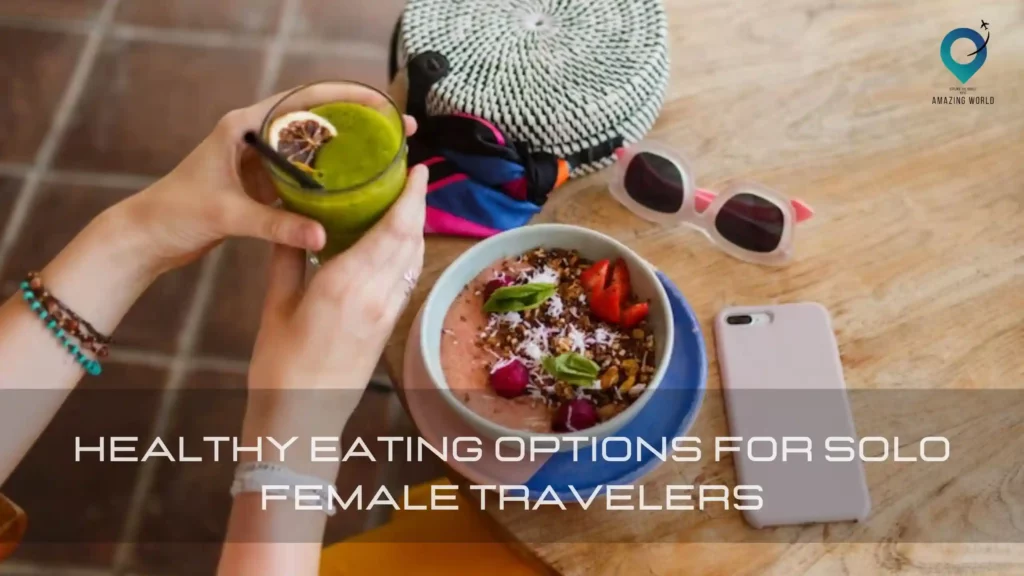
Eating local and cooking your meals are two great ways to save money on food while traveling.
Here are a few tips for eating local:
- Shop at local markets. Local markets are a great place to find fresh, seasonal produce and other local products.
- Eat at local restaurants. Local restaurants often serve traditional cuisine and are more affordable than tourist traps.
- Ask for recommendations. Ask your hotel concierge, tour guide, or other locals for recommendations on good local restaurants.
Here are a few tips for cooking your own meals:
- Stay in accommodations with a kitchen. If you’re staying in an Airbnb or hostel, make sure to choose one with a kitchen. This will allow you to cook your own meals and save money.
- Cook simple meals. You don’t need to be a chef to cook your own meals while traveling. There are plenty of simple recipes that you can make with basic ingredients.
- Pack a travel cookbook. There are several travel cookbooks available that offer recipes for simple, affordable meals that you can cook while traveling.
4. Use public transportation or walk whenever possible
Public transportation is often much cheaper than taxis or rental cars. It’s also a more sustainable way to travel, as it reduces your carbon footprint. Walking is another great way to get around and explore your destination. It’s also free and good for your health.
Here are a few tips for using public transportation and walking while traveling:
- Purchase a travel pass. Many cities offer travel passes that give you unlimited access to public transportation for a set period. This can save you money, especially if you’re planning on using public transportation frequently.
- Plan your route ahead of time. Before you leave your hotel or hostel, map out your route and find the nearest public transportation stop. This will save you time and hassle.
- Be prepared for crowds. Public transportation can be crowded, especially during rush hour. Be prepared to wait in line and be patient.
- Be aware of your surroundings. When you’re walking, be aware of your surroundings and take precautions to stay safe.
5. Take advantage of free activities

Many destinations offer free or low-cost activities, such as visiting parks, museums, and temples. Do some research before you go to find out what free activities are available in your destination.
Here are a few examples of free activities that you can enjoy while traveling:
- Visit parks and gardens.
- Take a walk or bike ride along a river or canal.
- Visit museums and art galleries.
- Attend free concerts and festivals.
- Take a free walking tour.
6. Pack light
Packing a lighter will save you money on baggage fees. It’s also better for the environment, as it reduces the weight of your flight. Bring versatile clothing items that you can mix and match to create different outfits.
Here are a few tips for packing light:
- Bring only the essentials. Think about what you’ll need and leave the rest at home.
- Roll your clothes instead of folding them. This will save space in your suitcase.
- Wear your heaviest items on the plane. This will reduce the weight of your checked luggage.
- Bring a reusable water bottle and coffee mug. This will save you money on disposable cups.
7. Buy souvenirs from local artisans
Buying souvenirs from local artisans is a great way to support the local economy and preserve cultural heritage. It’s also a more sustainable way to shop, as it reduces the environmental impact of your souvenirs.
Here are a few tips for buying souvenirs from local artisans:
- Shop at local markets. Local markets are a great place to find souvenirs made by local artisans. You can also find souvenirs at craft fairs and festivals.
- Ask about the materials and techniques used. Ask the artisan about the materials and techniques they used to make their souvenirs. This will help you to understand the value of the souvenir and support artisans who are using sustainable practices.
- Be willing to bargain. It’s customary to bargain at local markets in many cultures. Don’t be afraid to haggle with the artisan to get a good price on your souvenir.
8. Be mindful of your water and energy consumption
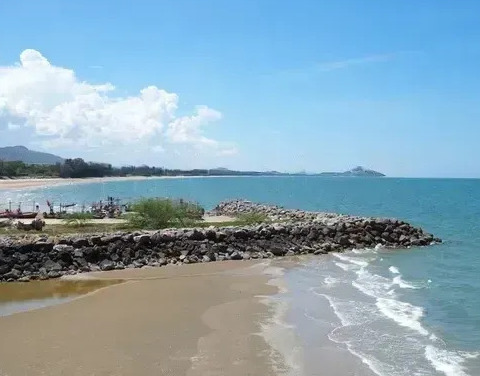
Conserving water and energy is important for everyone, but it’s especially important when you’re traveling. Water and energy resources can be scarce in some destinations, and it’s important to do your part to conserve them.
Here are a few tips for conserving water and energy while traveling:
- Take shorter showers. Showers account for a significant portion of water consumption in hotels. Take shorter showers to conserve water.
- Turn off lights and fans when you leave a room. This will save energy.
- Close the faucet when you’re brushing your teeth or shaving. This will save water.
- Drink tap water instead of bottled water. Bottled water is expensive and produces a lot of waste. Drink tap water whenever possible.
9. Support sustainable tourism initiatives

There are several sustainable tourism initiatives that you can support while traveling. You can support these initiatives by donating to them, volunteering your time, or simply choosing to book with companies that are committed to sustainability.
Here are a few examples of sustainable tourism initiatives that you can support:
- Organizations that conserve wildlife and natural habitats.
- Organizations that promote cultural heritage and sustainable development.
- Companies that offer sustainable tours and activities.
10. Spread the word about sustainable travel
One of the best ways to promote sustainable travel is to spread the word about it. Tell your friends, family, and colleagues about the benefits of sustainable travel and how to travel sustainably. You can also share your sustainable travel tips on social media and in your blog posts.
Here are a few ways to spread the word about sustainable travel:
- Talk to your friends and family. Tell them about the importance of sustainable travel and how they can travel more sustainably.
- Share your sustainable travel tips on social media. Use hashtags like #sustainabletravel and #ecotourism to reach a wider audience.
- Write a blog post about sustainable travel. Share your own sustainable travel experiences and tips with your readers.
- Support sustainable tourism businesses. When you book a flight, hotel, or tour, choose a company that is committed to sustainability.
- Get involved in sustainable tourism initiatives. There are several sustainable tourism organizations that you can volunteer your time to.
By spreading the word about sustainable travel, you can help to make a positive impact on the environment and local communities.
Conclusion
sustainable travel need not be an exclusive pursuit for the affluent; it is a mindset that can be seamlessly integrated into budget-conscious journeys, enhancing both the traveler’s experience and the well-being of the destinations visited.
Throughout this exploration of ten budget-friendly sustainable travel tips, a clear picture emerges — a picture of mindful choices that harmonize economic prudence with environmental and social responsibility.
How much did you like Our detailed How to Travel Sustainably Without Breaking the Bank? Review Also, please share these Blogs with your friends on social media.
Recommended
- 30+ Best Atlantic Beaches
- London Travel Guide
- Airplane Travel Tips
- Paris Travel Tips
- How to travel the world on a budget of $1,000

Meet David Hoper, a passionate travel Blog writer with 7+ years of experience in travel content. Through his exemplary storytelling and engaging narratives, he shares his experiences and brings destinations to life. With a keen eye for detail and a love for exploration, he has cultivated a diverse portfolio of travel blogs that inspire and inform readers worldwide.
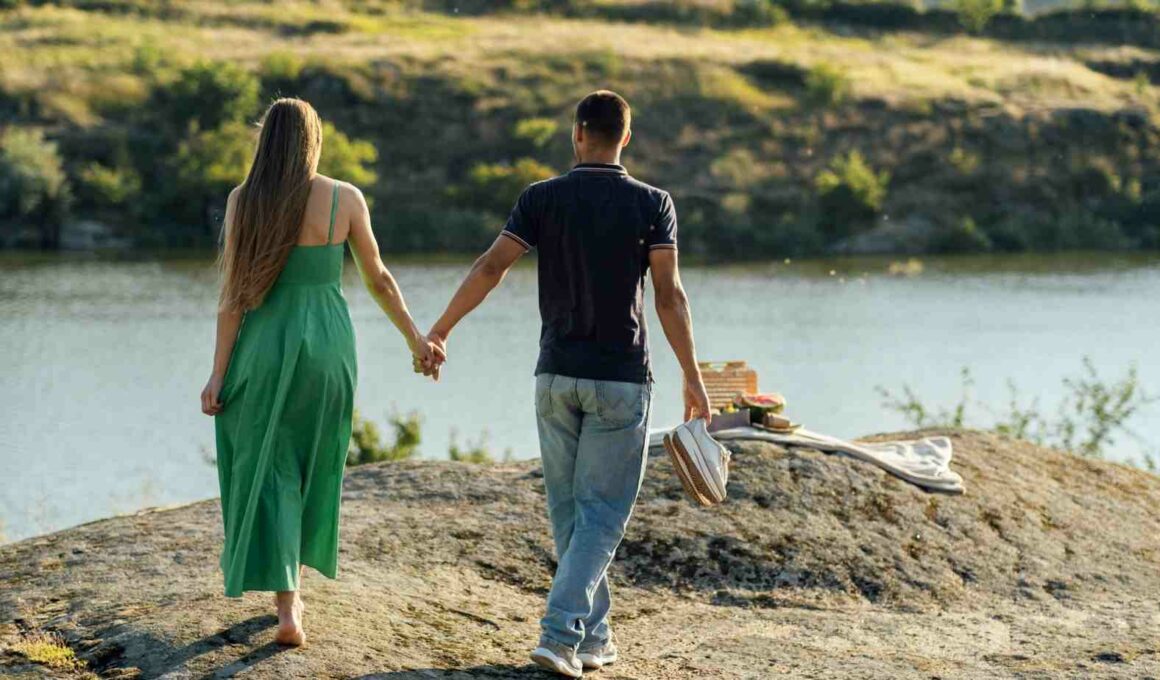


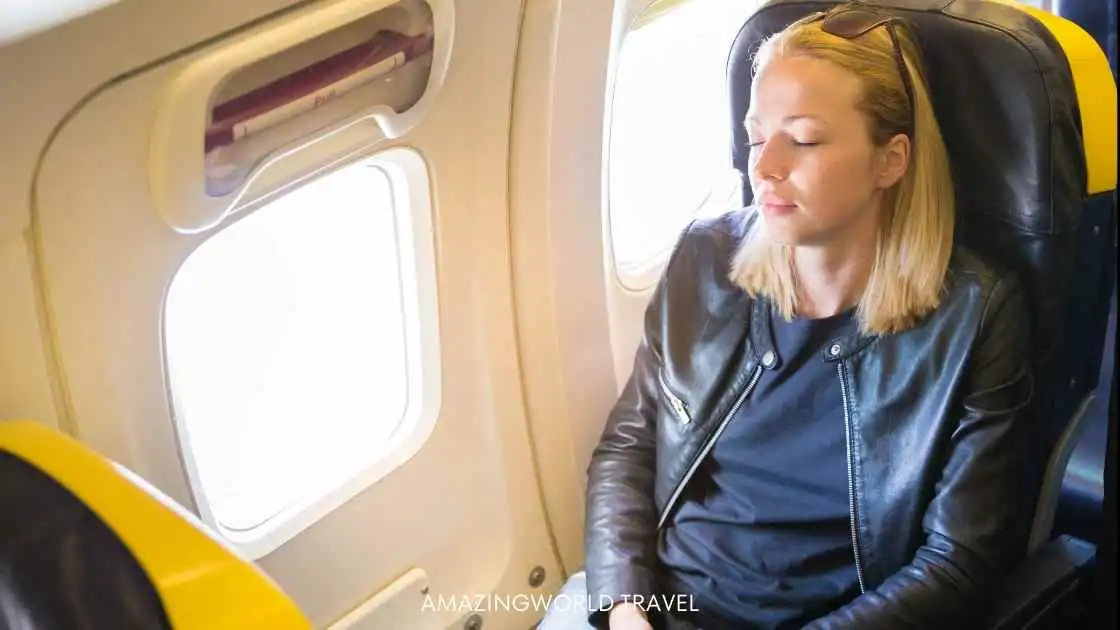





1 comment